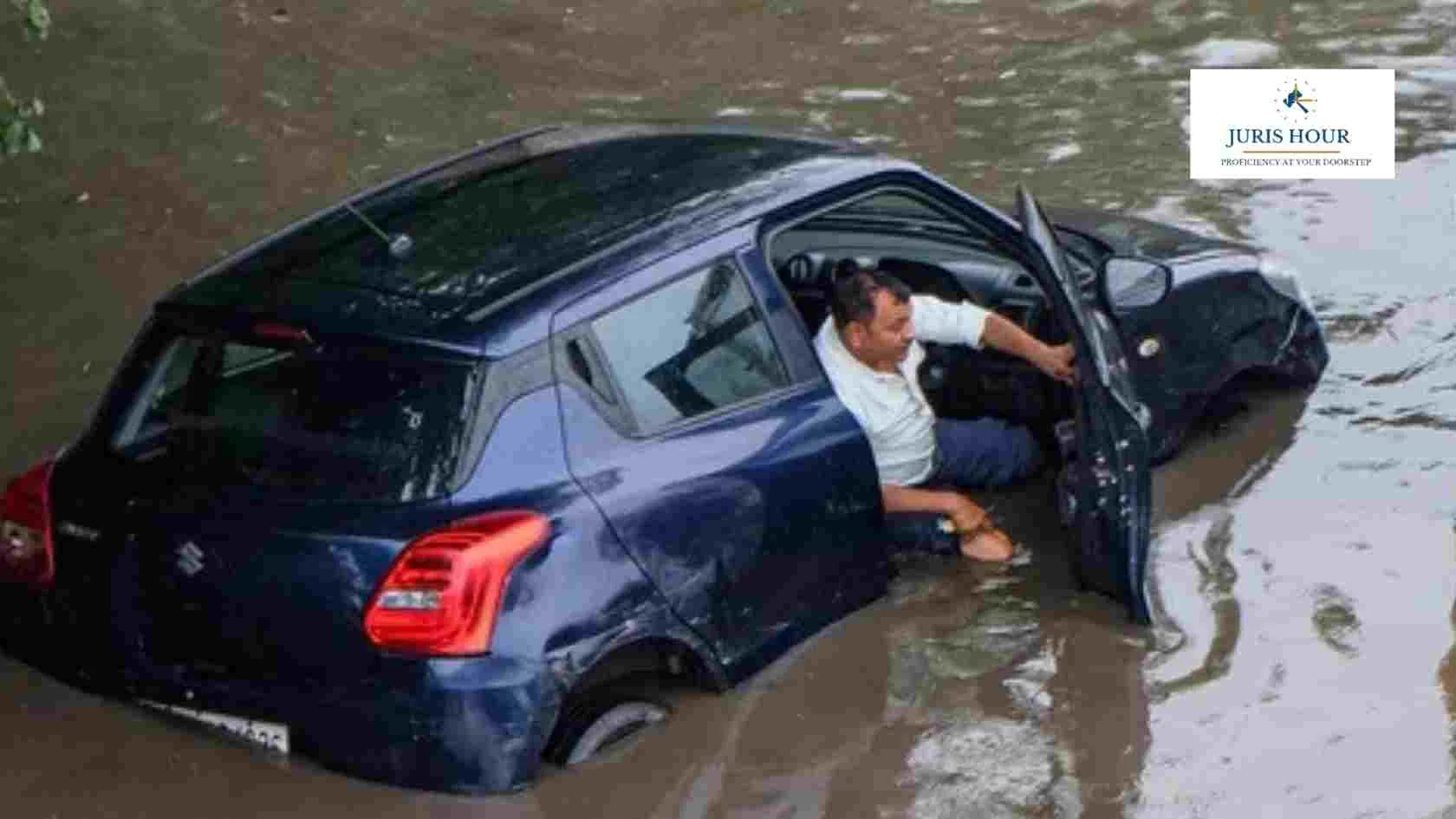A tweet by user Anuradha Tiwari (@talk2anuradha) has sparked a wave of public outrage, highlighting the stark contrast between high taxation levels and deteriorating public infrastructure.
Tiwari listed the multiple taxes an average salaried Indian pays:
- 30% income tax on salary
- 30–50% cumulative tax on car purchases (including GST and cess)
- 18% GST on car insurance
- State road tax during vehicle registration
- Up to 60% tax on petrol and diesel
Despite this heavy financial outflow, she raised a painful question — why are taxpayers still forced to walk through sewage and gutter water due to poor civic infrastructure?
Her post struck a chord with thousands of citizens who face similar conditions. Crumbling roads, overflowing drains, and poor sanitation facilities have become all too common, even in metro cities. Many questioned the effectiveness and transparency of public expenditure, demanding accountability from both state and central authorities.
Economists note that while India’s tax-to-GDP ratio remains moderate compared to developed countries, the visible return on taxes in the form of basic civic amenities remains deeply unsatisfactory for many.
The post has reignited the long-standing debate over urban planning, corruption, and infrastructure spending in India. As monsoons exacerbate civic issues across cities, the demand for answers — and change — continues to grow louder.
Read More: New ITR Filing Rules Explained: Which Form Should You Choose for AY 2024-25?

